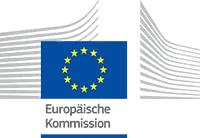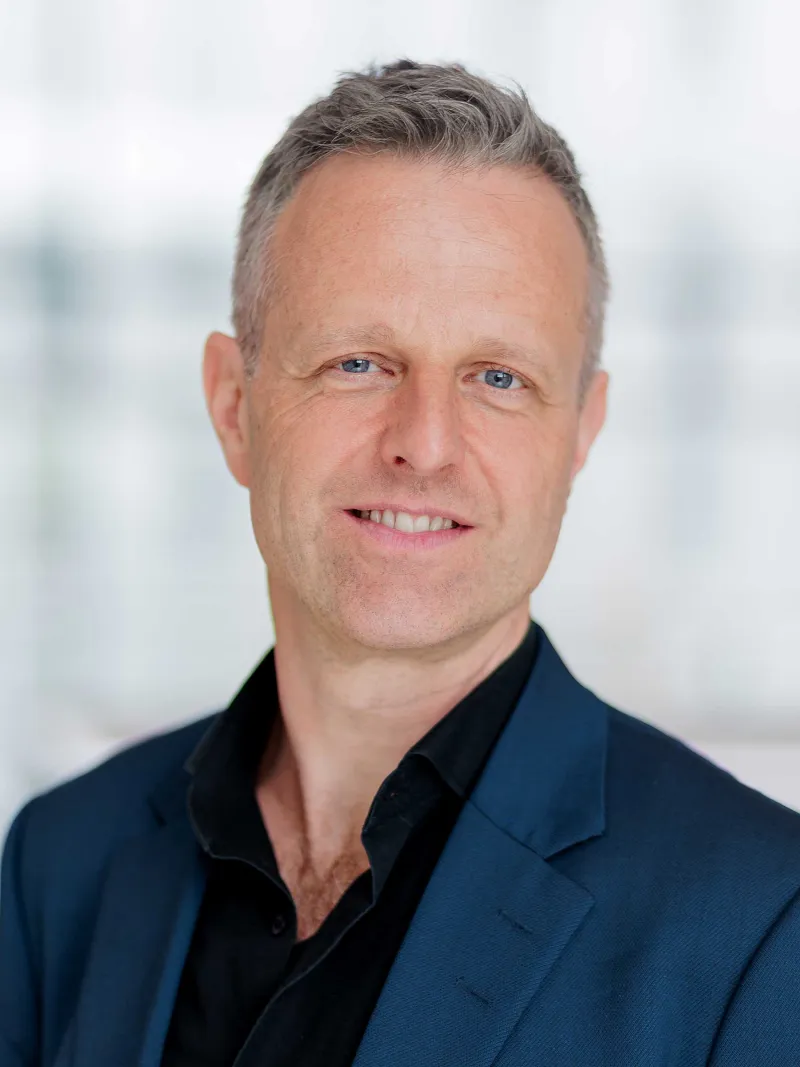CoAct – Co-designing Citizen Social Science for Collective Action
The EU research project "CoAct" pursues an innovative approach to participatory citizen research. The focus is on the further development of a Citizen Social Science (CSS) and its research methods. CoAct is funded by the European Commission's Horizon 2020 program under the call "SwafS-15-2018-2019 - Exploring and supporting citizen science"
.

- Universitat de Barcelona
- University of Vienna
- Center for Social Innovation
- University Nacional de General San Martin
- Open Knowledge Foundation
- Global Innovation Gathering
- Federacia Salut Mental Catalunya
- Fundation Ambiente y Recursos Naturales
For social citizen science research, co-researchers with their local everyday knowledge are involved in all phases of the research process from the very beginning in order to address four "burning" global social problems and develop sustainable solutions.
The University of Barcelona is leading the project consortium of nine research institutions, NGOs, and global open science and open data activism networks from five countries. CoAct brings together experts in participatory action research, computational social science, citizen science evaluation, social movement research, and participatory development communication working in Barcelona, Vienna, London, Buenos Aires, Berlin, and Potsdam.
CoAct is developing and defining a general methodological framework for Citizen Social Science as a participatory research methodology together with citizen groups sharing a social concern.
The goal is to conceptualize a transdisciplinary Citizen Social Science that places citizens as co-designers and co-researchers unreservedly at the center of research and innovation cycles, as well as collaborative knowledge production.
To this end, four different thematic areas are exemplarily addressed by co-research teams and knowledge coalitions of public institutions and civil society organizations are supported:
- in Barcelona, people with mental impairments are researching mental health care;
- in Vienna, school dropouts are exploring inclusion options in the labor market;
- under the heading of environmental justice, neighborhood initiatives in Buenos Aires are researching the highly polluted Matanza-Riachuelo Basin, on whose shores live about 1.7 million;
- in Berlin, Eastern Europe and Europe-wide, three Citizen-Led case studies on gender equity (Gender Equality) are implemented.
In these different sub-projects, an innovative, local and at the same time globally relevant social knowledge as well as scientifically based measures to promote social change are produced.
With a clear application focus, an open source digital platform and an open citizen science toolkit, among others, will be created. On the one hand, interested citizen scientists will be provided with various materials and guides for the implementation of CSS projects. On the other hand, co-research groups can upload their CSS methodological guides and thus make them available to others. In addition, various capacity building activities with a view to improving data and science literacy, including a PhD Summer School, will be developed.
Other research findings will be published in a variety of formats, such as scientific articles, popular science publications, or policy guides and recommendations.
The scientific quality and social impact of CoAct will be tested in a dynamic co-evaluation process using new tools, which will then be made available to a broad citizen science community.
The CoAct project has received funding from the European Union's Horizon 2020 research and innovation program under grant agreement No. 873048.
Project Management
Contact: coact-fhp@fh-potsdam.de


